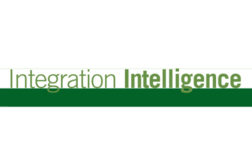Dan Dunkel
Dan Dunkel is Managing Director - Managed Security Services Practice at PSA Security Network. Contact Dan at ddunkel@psasecurity.com.
ARTICLES
Be in the forefront of security intelligence when you receive SDM.
Join over 10,000+ professionals when you subscribe today.
SIGN UP TODAY!Copyright ©2024. All Rights Reserved BNP Media.
Design, CMS, Hosting & Web Development :: ePublishing






